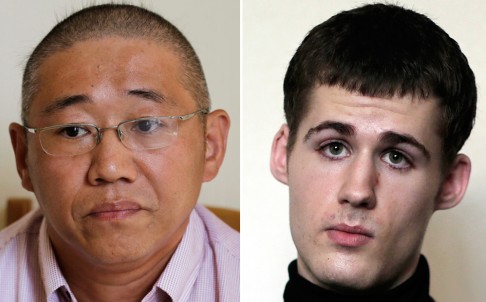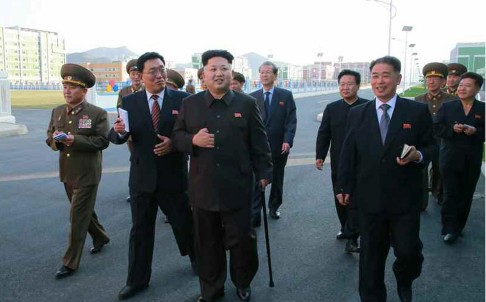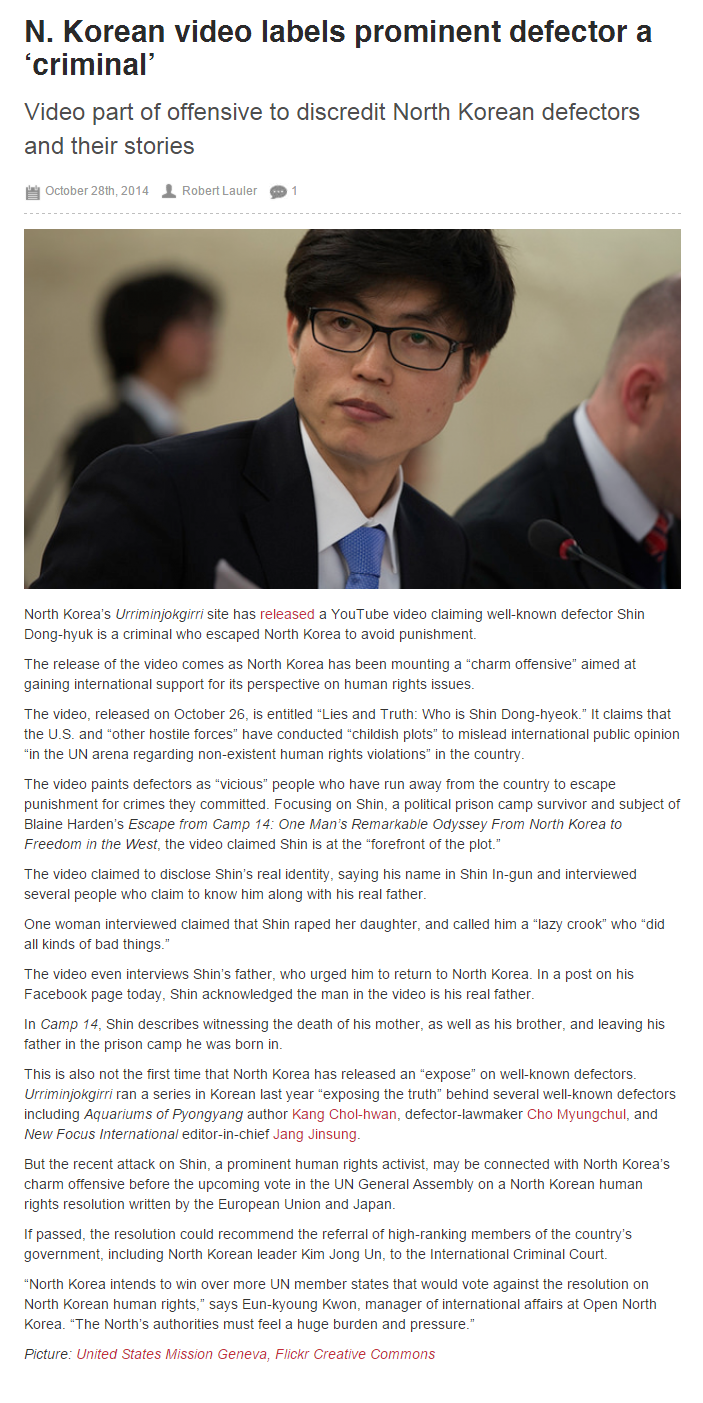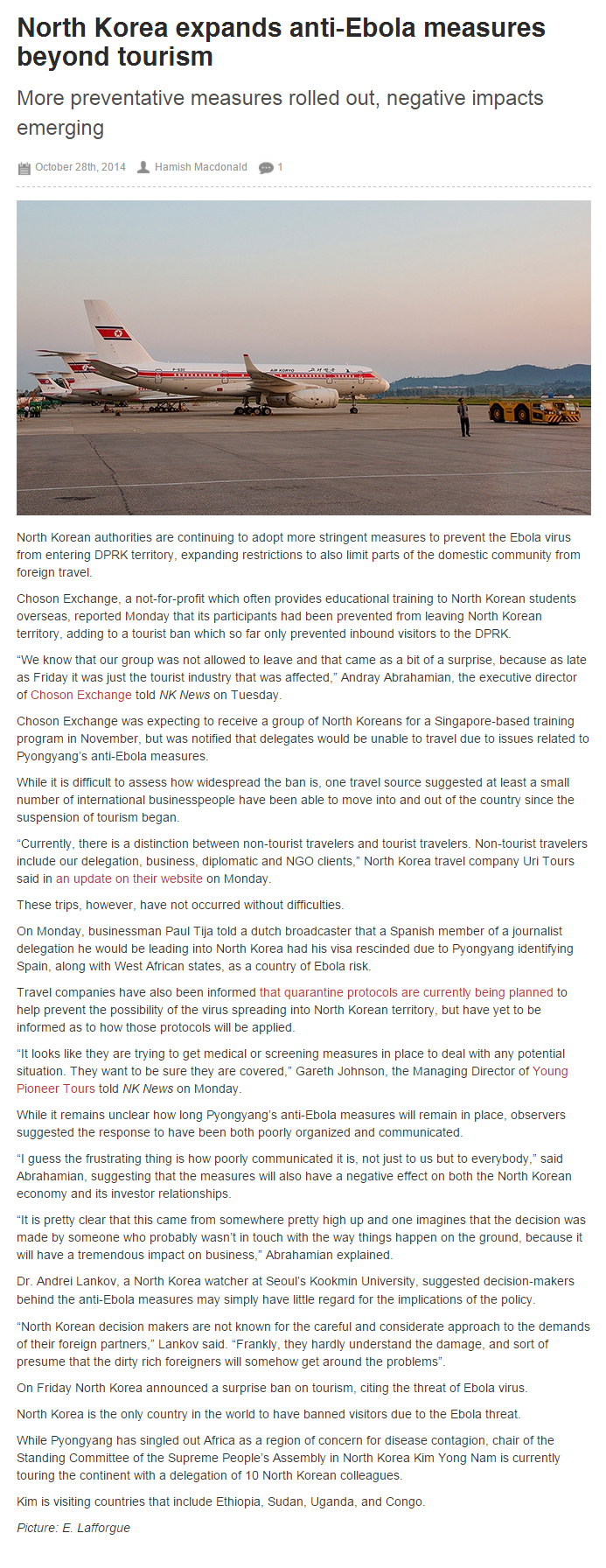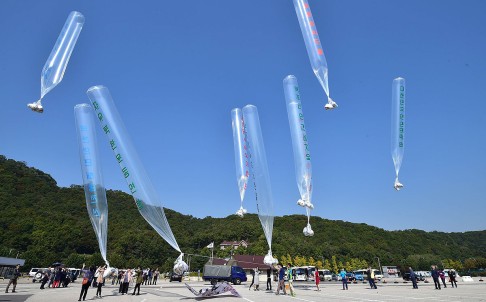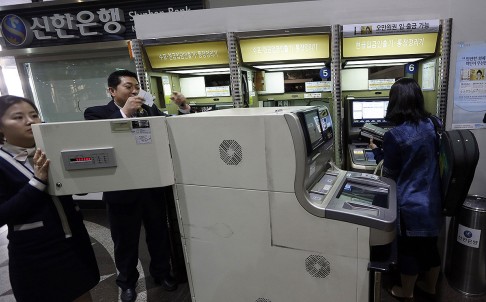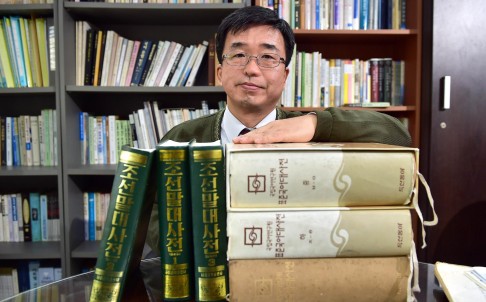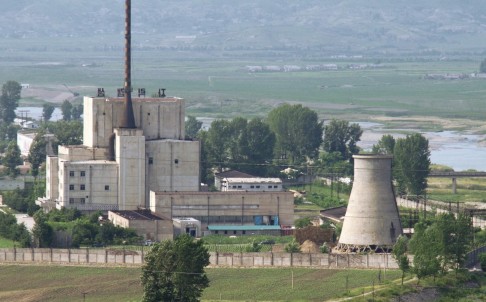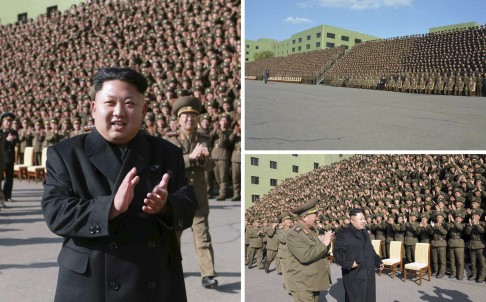- Joined
- Apr 5, 2013
- Messages
- 528
- Points
- 0
North Korea to shut borders to all foreign tourists amid Ebola fears
News comes decades after large-scale border closures during Sars; travel agency official reports some prospective tourists were asked for health checks
PUBLISHED : Thursday, 23 October, 2014, 5:34pm
UPDATED : Thursday, 23 October, 2014, 6:51pm
Kristine Servando [email protected]
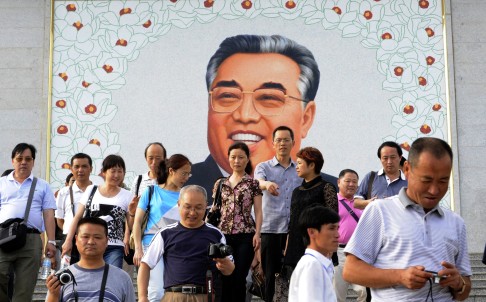
Tourists leaving after paying homage to a giant portrait of Kim Il-Sung. Photo: AFP
North Korea is sealing off all its borders in response to the global Ebola threat, two China-based travel agencies specialising in North Korea tours said on Thursday.
Nick Bonner, from Beijing-based North Korea travel specialists Koryo Tours, said they received “panicked” phone calls at around 3.30pm on Thursday from their partners in the state-run Korean International Travel Company, saying: “The country’s closed”
He said all the socialist state’s borders, especially Dandong across Siniujiu, would be closed to all flights, cars and trains. “All borders will be totally sealed,” he told the South China Morning Post.
Gareth Johnson, founder of Xian-based Young Pioneer Tours (YPT) which specialises in budget tours to North Korea, said they had been informed of the closure of the country’s borders this morning from their North Korean partners in northeastern China, who said: “starting from tomorrow, no tourists will be allowed into the country”.
“We have since then confirmed this with our partners in both Beijing and Pyongyang. We understand that this will be for the time being and we don’t know just how long this will be in force,” he told the South China Morning Post.
“Two days ago, we were told that if we had people visiting North Korea, who’d been to Guinea, Liberia and Sierra Leone that they would have to have a health check to prove that they didn’t have Ebola and it’s escalated [from there] over the past two days,” he said.
Johnson said it was unclear whether business travellers would be affected. “We believe it is all foreigners, not just tourists,” he said.
He said they had also confirmed the news from KITC and the Rason International Travel Agency.
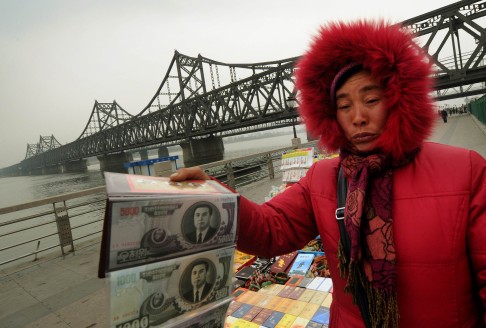
A hawker sells North Korean souvenirs beside the Yalu River Bridge at the border city of Dandong. Photo: AFP
Chinese travellers, a significant and lucrative segment for North Korean tourism, are also affected, some tour agents based in Dandong said on Thursday.
"We received a notice today [that the closure] starts tomorrow [Friday]. We're not sure how many people will be affected because it's the low season right now," said one agent for an agency called NK Holidays.
It was, however, unclear whether Chinese business travellers would be affected as well. Beijing approved North Korea as a destination for its citizens in June 2008, and a memorandum of understanding was signed in October 2009
Koryo and YPT said they did not receive any official warnings from the state prior to this announcement.
But Johnson said, “We can assume that it is related to the announcement of the first [suspected] case of a Chinese patient getting Ebola.”
Forty-three patients monitored for the virus had been given the all clear by Guangdong’s health authorities on Wednesday.
Bonner noted that the last time there was a border closure of this scale was in 2003, during the spread of Severe acute respiratory syndrome (Sars).
In April 2003, the state TV station even announced one suspected case of Sars - a male patient in Pyongyang - and issued an alert for all hospitals throughout North Korea.
Johnson said that last year, North Korea cancelled all tourist flights from Shanghai over concerns about avian flu.
The companies, meanwhile, may stand to lose valuable business if the ban on foreign travel lasts for several weeks. Koryo’s one-week group tours cost around 2,000 euros, while YPT tours cost around 900 euros.
Koryo said it currently has two guests in North Korea travelling on an independent tour, whom Bonner said would be allowed safely out.
Another 150 tourists under Koryo are scheduled to visit the country between now and December. The agency will give a full refund if the tours are cancelled owing to the closure, Bonner said.
Johnson, meanwhile, said up to 100 tourists’ plans could be affected during that period, including one group supposedly set to depart in three days.
Statistics on Chinese and foreign tourists to North Korea are sparse. The China National Tourism Administration told the Post last year that 237,400 Chinese travelled to North Korea in 2012, 22.5 per cent more than in 2011. A North Korean tourism official has claimed in previous reports that as many as 700,000 came in 2010-11.
With additional reporting from Yifei Chen



